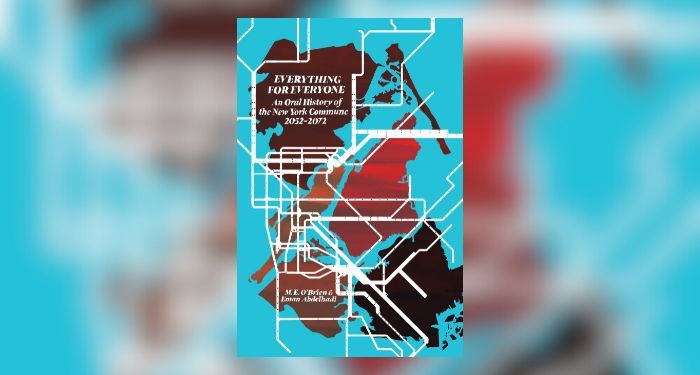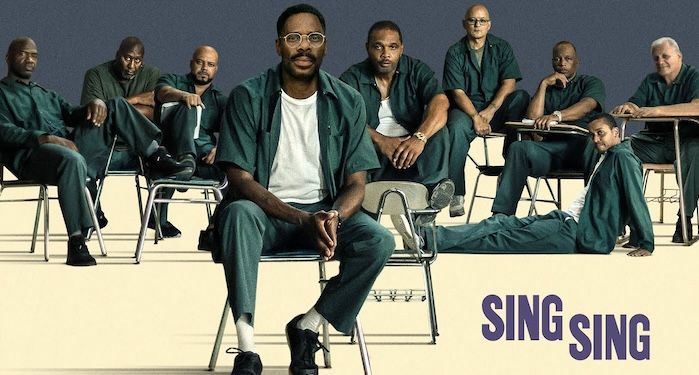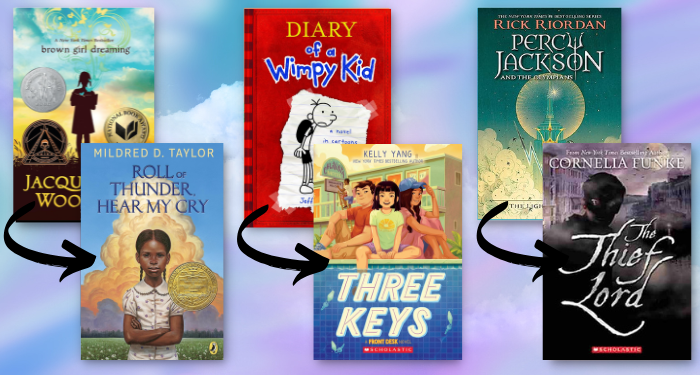Imagining Better Worlds with Everything for Everyone

This work of speculative fiction is structured as an oral history project. In the 2040s and 2050s, nation states worldwide begin to topple. The onslaught of climate catastrophe, war, and economic collapse leads to a global revolution, and, in its wake, a new social structure emerges. In place of the old countries governed by oppressive, greedy ruling classes, people organize themselves into communitarian communes.
This oral history project is intended to commemorate the 20th anniversary of the New York Commune. The authors interview 12 people living in or connected with the commune. Some were part of its founding or involved in the revolution’s early days. Others grew up in the commune and never experienced the world as it was before. The interviews cover various topics, from ecological restoration, infrastructure, and production to family-making, trauma, and health care. In one, a trans sex worker who was part of the insurrection that led to the creation of the commune talks about how sex work has changed since the fall of global capitalism. In another, a person talks about their experiences working with refugees and how the trauma that so many people lived through during the wars has shaped the way the commune functions.
Through these interviews with a diverse range of characters from many backgrounds and differing experiences and worldviews, the authors offer readers space to tangle with so many thorny questions about work, disability, art-making, mental health, justice, and how we connect with each other. What if our basic needs weren’t tied to whether or not we are able to work? What if we didn’t have to live in isolated nuclear families but were free to create unique and sprawling family structures? What if we made decisions about transportation and food production regionally? What if we truly embraced transformative justice? What if children could explore their genders joyfully and without judgment?
The world of this book feels so far away, and maybe it is. But one of the great powers of speculative fiction is that it allows us to try things out, to dream and stretch and struggle and imagine, to say, well, what if? What can we do differently? What might that look like? This book gave me permission to grieve and rage and plan and imagine all at the same time. It’s not soothing or comforting, but is both hopeful and clarifying. I know I’ll be returning to it again and again throughout this year.






